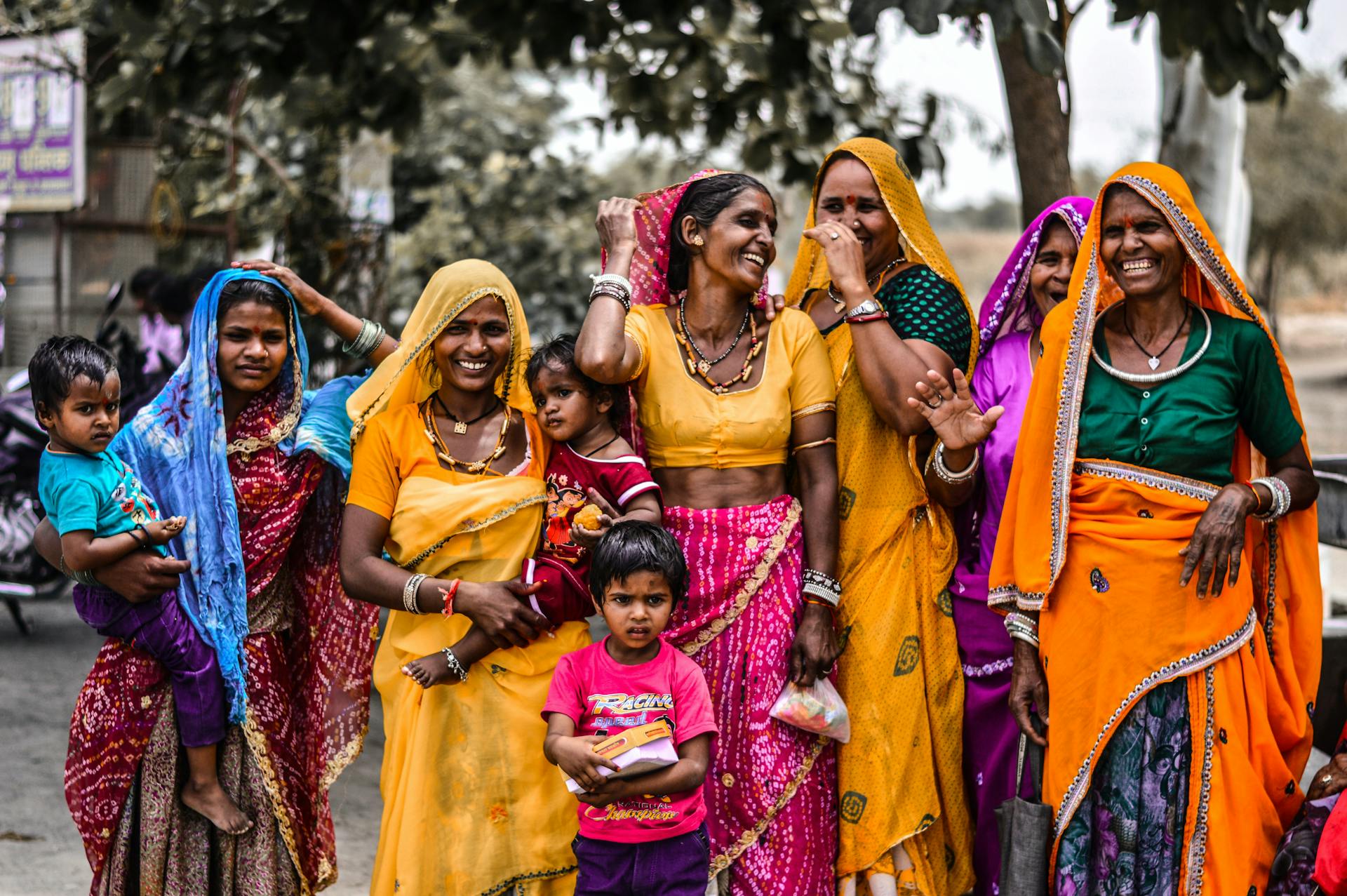Erode District, Tamil Nadu, India
In collaboration with

September 2024 – December 2024
We are improving sanitation in public preschool and upper secondary schools and installing an elevated tank for potable water.
Objectives
- Enhance health and hygiene, creating a better learning environment for children in public schools.
- Improve quality of life by providing community-managed potable water supplies to project locations.
- Build functional and usable sanitation facilities with hand-washing sinks and adequate water provisions in a public school, and repair deteriorated ones.
Beneficiaries
1.000 direct
Students from preschool to upper secondary, teaching staff, and support personnel.
5.000 indirect
Parents of students and surrounding communities.
On the Ground
High incidence of waterborne diseases due to poor water conditions. Lack of adequate facilities for menstruating adolescents leads to high dropout rates.
Approximately 48% of Indian children experience some degree of malnutrition. According to UNICEF, waterborne diseases like diarrhoea and respiratory infections are the leading causes of child mortality in the country. Children weakened by frequent diarrhoea episodes are more vulnerable to malnutrition and opportunistic infections, such as pneumonia.
With 157 million people practising open defecation and a high percentage of mothers disposing of children’s faeces outside, there is a very high risk of microbial water contamination. The lack of sanitation facilities is especially critical for menstruating adolescent girls who need to change sanitary pads. Many girls miss school during menstruation because they lack the facilities to change or clean themselves, which often leads parents to withdraw girls from school post-puberty. Thus, building separate bathrooms for girls is crucial to reduce dropout rates, improve enrollment, and lower illness among girls.
By law, all children are required to spend six hours in school daily. During this time, they need access to toilets. Regardless of personal sanitation practices at home, if the school has no functional toilets, students must leave school premises for their “biological breaks.” While some schools have gender-separate toilets, 10.5% are locked, and 11.7% are unusable.
The selected area faces potable water shortages that often impact student attendance. Due to the lack of such facilities, many children, especially girls, drop out of school, affecting their futures.

In Detail
The project involves constructing and repairing sanitation facilities in public schools in Ingur, Chennimalai Taluk, and Kadapamadai, Perundurai Taluk, and constructing elevated water tanks in the village of Mugampalayam, Kambiliyampatti village panchayat, Perundurai Taluk, Erode District.
Activities
Situation Analysis and Technical Assessment
Understand on-ground realities, existing infrastructure, and available support to select project sites.
Obtain necessary government permits.
Orientation, Awareness, and Training
Inform the contractor about construction requirements.
Provide technical assistance for building essential infrastructure and support services under the supervision of technical personnel to ensure quality materials and adherence to the design and construction schedule.
Project Execution: Monitoring and Supervision
Establish regular monitoring through visits and periodic updates.
Oversee adherence to the construction plan in coordination with field staff, government authorities, and technical experts.
Documentation and Evaluation
Regular support for technical follow-up, project review, and progress evaluation to achieve expected outcomes.
Prepare quarterly and annual progress reports, including financial statements, for stakeholders and donors.
Implementation
New sanitation blocks are built, and old ones are repaired.
Sanitation infrastructure includes hand-washing sinks, soap dispensers, shelves for bags, water bottles, scarves or hand towels, space for hanging clothes, and an appropriate area for washing with running water and soap. The design considers the needs of students with physical disabilities and provides separate units for boys and girls.
An elevated tank with a 30,000-liter capacity is constructed for residents of Murugampalayam village.
The project emphasizes non-construction activities, such as behaviour-change communication sessions covering best practices for personal health and hygiene, sanitation practices, hand-washing techniques, and related activities for beneficiaries.
Establishment of a School Water, Sanitation, and Hygiene Committee with representation from school administration, teachers, student body, and parents. This committee is empowered to manage sanitation infrastructure and promote hygiene in the school.
Prospectives for Sustainability
Raising awareness about sanitation, health, and toilet maintenance among students, teachers, and non-teaching staff forms the foundation of sustainability.

